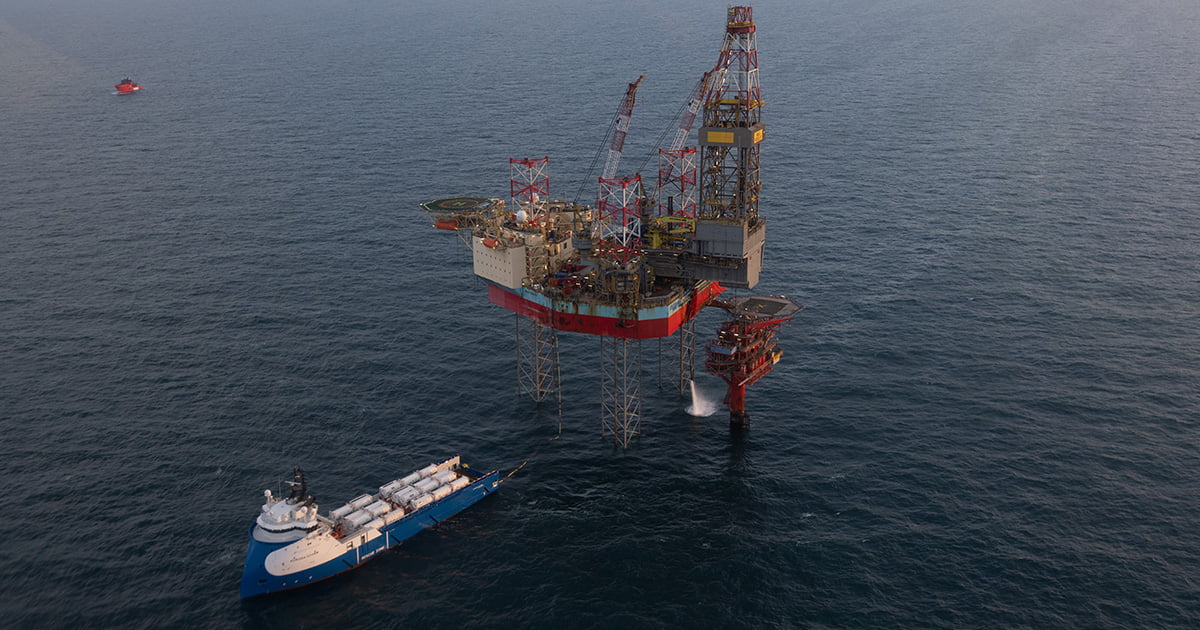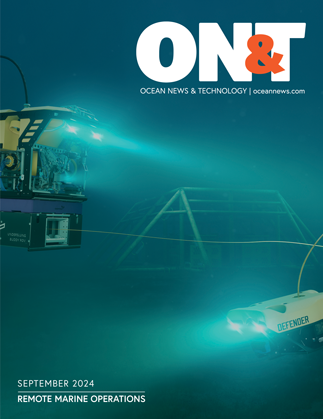Building on prior certifications issued in June 2023, DNV has granted the Certificate of Conformity—Site Endorsement and Storage Site, confirming that the project operator has developed plans for the safe and effective geological storage of CO2 in compliance with ISO 27914.
Denmark’s first offshore CO2 storage site, Project Greensand, is a collaboration of 23 partners and serves as a key example of the potential for safely storing CO2 permanently to mitigate climate.
“We now have independent evidence, backed by DNV’s certification, that our site can safely and permanently store large volumes of CO2 that would otherwise have been emitted into the atmosphere in the North Sea subsoil”, said Mads Gade, Head of INEOS Energy Denmark, the leading partner behind Project Greensand. “That confidence gives us a solid foundation to take the next steps, which will be crucial for CCS in Denmark. The thorough and independent assessment process by DNV is an efficient way to enhance the approval process with the authorities”.
Global CCS Market Poised for Growth
As worldwide efforts to meet climate targets intensify, CCS technologies are expected to be crucial in reducing CO2 emissions. Independent assurance from organizations like DNV is essential for ensuring large-scale CCS projects meet stringent safety and performance standards, building public and investor trust in large-scale CCS projects. DNV’s services support CCS value chains globally, including capture, transport, and storage, both onshore and offshore.
“Our CCS certification services are built on robust frameworks that address the global industry’s evolving needs, providing assurance to all stakeholders,” said Prajeev Rasiah, Executive Vice President for Northern Europe, Energy Systems at DNV. “By ensuring that projects adhere to the highest standards and international best practices, we not only help developers manage the complexities and risks of early CCS projects but also build stakeholder confidence, enabling the accelerated deployment of this crucial energy transition technology.”
Project Greensand: A Model for CO2 Storage Projects Globally
DNV has supported Project Greensand throughout its development. “Our involvement highlights the commitment of INEOS and their partners to ensuring the safety of CO2 storage,” said Jonathan Pye, Senior Principal Consultant at DNV. “Our rigorous review, based on ISO 27914 (which defines best practice for subsurface characterization, injection operations, and plume monitoring), confirms that the Nini West site meets the criteria for both Site Endorsement and Storage Site Certification.”
The project’s pilot phase has demonstrated that captured CO2 can be transported and stored securely in the Danish CO2 store. “The successful completion of the pilot phase highlights the importance of thorough technical verification and stringent safety standards in building confidence and enabling long-term CO2 storage,” says Mick Cramer Jakobsen, DNV Vice President and Head of Customer Relations in the region. By 2025/2026, Project Greensand aims to store up to 400,000 tonnes of CO2 annually, with a potential expansion to 3 million tonnes by 2030. “We look forward to continuing our involvement with the project, which sets a global example for safe and effective CCS.”
Advancing the Global CO2 Storage Effort
As the CCS industry grows globally, DNV’s expertise in certification and risk management is expected to play an important role in its safe and reliable development.
“Our role in ensuring the safety and operational efficiency of CO2 transport and storage projects positions us as a key partner in the global transition to a low-carbon economy,” concluded Prajeev Rasiah. “We are proud to support pioneering companies in established and emerging markets as they work to implement CCS technologies and meet critical climate targets.”

